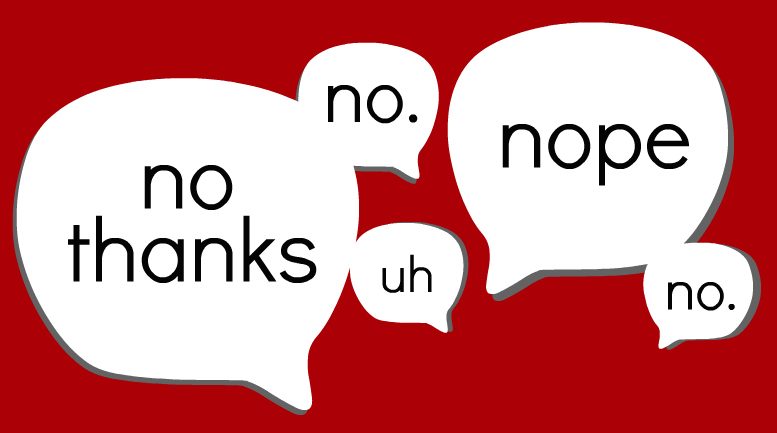I have never been able to say no easily, for me to say no to somebody equates to disregarding or disrespecting a fellow human being. It’s been one of my biggest setbacks and I have had to learn the art of saying no and saying it firmly. I had to learn it the hard was as most of my appraisals the feedback would be this – say no, it’s alright to do so and learn to say it as spreading yourself too thin isn’t the answer.
I used to take on more than I could chew and when I started managing teams, I would do the same thing to them. I played too hard to be superhuman all the time and my teams and my managers were dealing with the brunt of this in many ways. Let’s just say, I am still on the learning curve and still sometimes take on things I could easily have put off for later or could do comfortably at another time. So, this is personal journey and experience.
Prioritise right:
Define and decide your weekly and monthly goals and align them to your interest and capabilities and you will have a priority map that you can use to leverage.
Listen keenly:
The trick often is in understanding a need or a request deeply before it is processed or accepted at face value. Knowing more helps navigate better.
Seek information and ask:
Learn to ask for what you want to know or do not know to begin with and ask for information in relation to the context so you know what you can do as leading steps to assigning work.
Communicate right:
A lot of times a no is considered negative, which can be addressed by saying it in the right manner and giving context can help explain why and get buy in.
Say no despite who it is:
Titles, hierarchy and seniority are all irrelevant and are over-ridden by the principles that command the reason for a no and honest lines of communication are always respected.
Clarity and direction:
When you have clarity and direction of thought, you will find it far easier to manage lines of communication as you can logically set out reasons for your response.
Humility always:
There’s no such thing as too much humility, whoever you are, you need to stay grounded even as you refuse or say no to something.
Maybe is a good word:
If there’s reason for lack of clarity or you are unsure, the word maybe is a good replacement for no and sits between yes and no which gives it many windows of nuance to operate in.
Make them a part of the larger picture:
Involve them in the process and get them to help you eliminate things that aren’t priority to shuffle what they need to the top of the list
Reassign, realign, repurpose:
You can make a simple practice of prioritisation and ensuring that you still make things happen and don’t eliminate possibilities of growth and ensure you meet deadlines
Saying no is important and the way you say it is what matters. I have now learnt that no is a good word and has a place with the good words in the dictionary.



Be the first to comment on "No! The power of saying no and how to learn to do so"